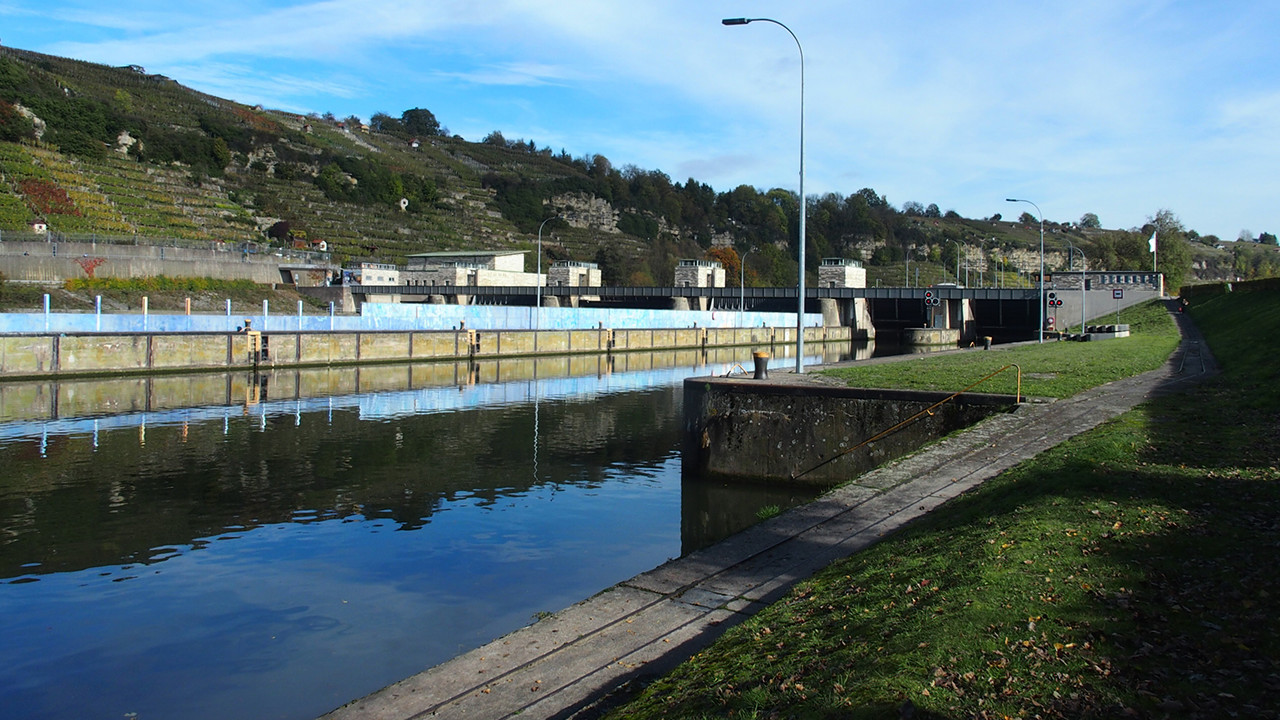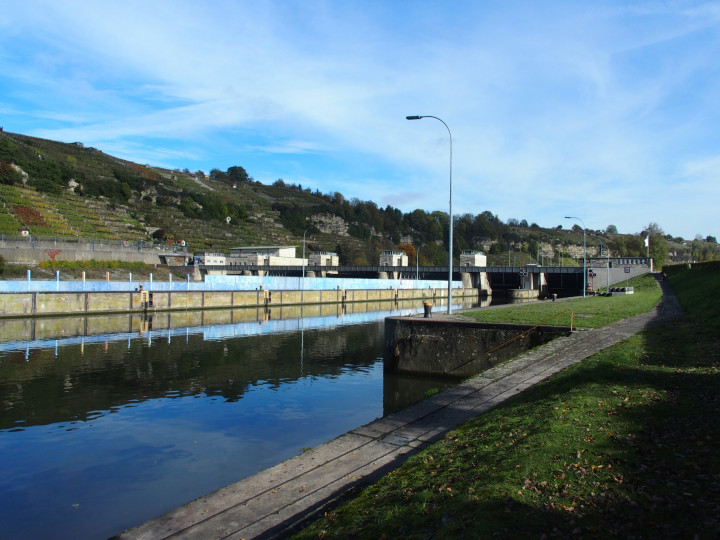World Water Day, held every year on 22 March, is this year not just concerned with the importance of clean water and the hazards threatening fresh water reserves. It is also addressing the environmental and human consequences floods resulting from climate change. With smart connected solutions, Bosch is set to become a major force in the global technological discourse affecting climate change and weather.
Digital river monitoring gives timely warnings
Climate change is affecting the weather in many parts of the world, causing severe dry periods followed by sudden cloudbursts. The same, on a smaller scale, is happening in Hungary. As heavy rainfall events become more common, scientists are predicting increasingly frequent and severe floods worldwide. River levels have traditionally been measured mechanically, but it can take hours for the data to reach third parties for whom reaction time is crucial, like decision-makers in charge of evacuation and the emergency services. When a natural disaster threatens, every minute counts.
That is why the new Bosch flood monitoring system provides digital – and most importantly, real-time, second-to-second – measurement of water levels in rivers and other surface waters near built-up areas and gives timely warnings of a river about to burst its banks or a flash flood. Bosch has tested its new system in an experimental project on the River Neckar near Ludwigsburg.
The ultrasonic sensors and cameras of the flood monitoring system track changes in water speed and flow volume as well as the water level. Data is transmitted to the Bosch IoT cloud, where it is processed and analysed within seconds by a pattern recognition algorithm. If any value exceeds a critical threshold, text messages are sent out to local authorities, emergency-service decision makers, local residents and the owners and managers of businesses operating near the river, so that they can take the necessary measures to prevent flood damage.
Interest is being shown in the system by cities and countries – including several in India and South America – that frequently contend with floods and the damage that almost inevitably ensues.
Mónika Hack
+36 70 510 5516
Bosch has been present in Hungary since 1898 with its products. The company is this year celebrating the 100th anniversary of the opening of its first Hungarian operation. After its re-establishment as a regional trading company in 1991, Bosch has grown into one of Hungary’s largest foreign industrial employers with currently nine Hungarian subsidiaries. In fiscal 2016 it had a total turnover of HUF 1149 billion and sales of the Bosch Group on the Hungarian market – not counting trade among its own companies – was HUF 238 billion. The Bosch Group in Hungary employs more than 14,200 people (as per January 1, 2017). Figures of fiscal 2017 for the Bosch Group in Hungary will be available from May 31, 2018. In addition to its manufacturing, commercial and development business, Bosch has a network of sales and service operations that covers the entire country.
The Bosch Group is a leading global supplier of technology and services. It employs roughly 400,500 associates worldwide (as of December 31, 2017). According to preliminary figures, the company generated sales of 78 billion euros in 2017. Its operations are divided into four business sectors: Mobility Solutions, Industrial Technology, Consumer Goods, and Energy and Building Technology. As a leading IoT company, Bosch offers innovative solutions for smart homes, smart cities, connected mobility, and connected industry. It uses its expertise in sensor technology, software, and services, as well as its own IoT cloud, to offer its customers connected, cross-domain solutions from a single source. The Bosch Group’s strategic objective is to create solutions for a connected life, and to improve quality of life worldwide with products and services that are innovative and spark enthusiasm. In short, Bosch creates technology that is “Invented for life.” The Bosch Group comprises Robert Bosch GmbH and its roughly 440 subsidiaries and regional companies in 60 countries. Including sales and service partners, Bosch’s global manufacturing, engineering, and sales network covers nearly every country in the world. The basis for the company’s future growth is its innovative strength. At 125 locations across the globe, Bosch employs 62,500 associates in research and development.
Additional information is available online at www.bosch.hu, www.bosch.com, www.iot.bosch.com, www.bosch-press.com, www.twitter.com/BoschPresse



